When famed Philippines journalist Maria Ressa was arrested and accused of committing “cyber libel” few thought she would ever be found guilty.
Surprisingly, that was the exact ruling of a Manila court earlier this month, when, on June 15th, Ressa was told by Judge Rainelda Estacio-Montesa the articles that saw her arrested in the first place “did not offer a scintilla of proof that they verified the imputations of various crimes in the disputed article…. They just simply published them as news in their online publication in reckless disregard of whether they are false or not.”
Ressa now faces between six months, and six years in prison, and a fine of 400,000 pesos.
The verdict has been described as “politically motivated” by Ressa and her team, which suggests the Duterte government has been meddling with the case.
“We will keep defending against any forms of attack on freedom of news,” said Ressa after she heard the verdict. The journalist also encouraged other news workers to stand firm even under pressure from the government.
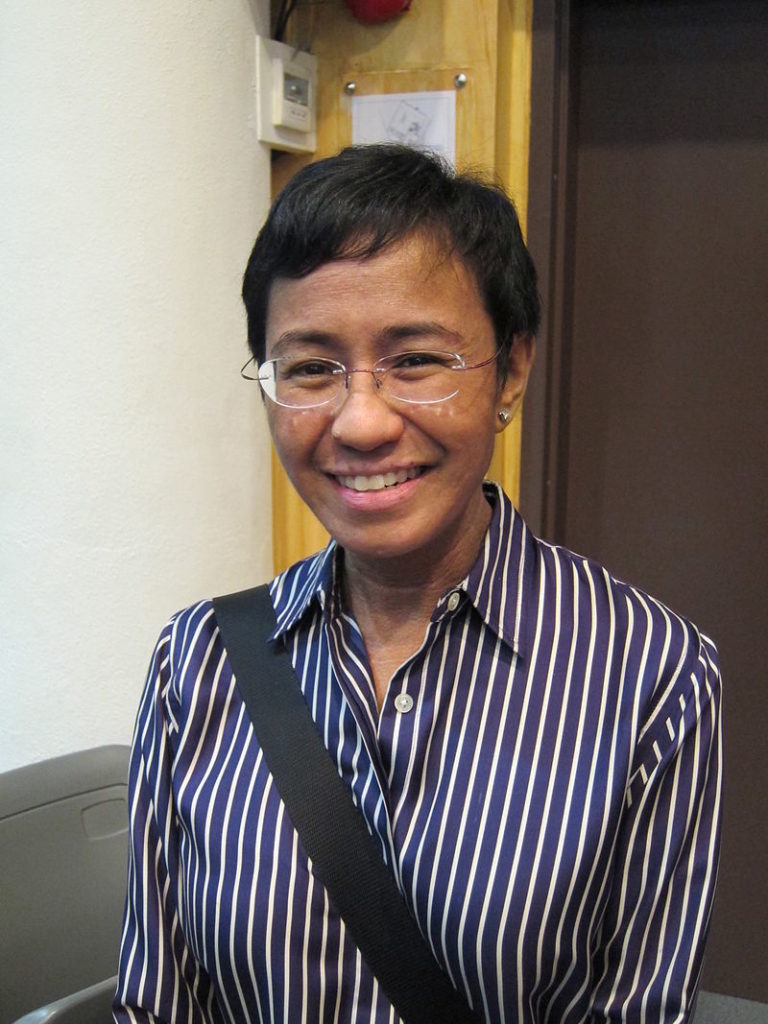
As a CNN correspondent for Southeast Asia, Ressa founded her own news organization called Rappler in 2012.
And on the back of a Rappler report from the same year, that local businessman Wilfredo Keng had links to illegal drugs and human trafficking, and that he lent a car to judge Renato Corona, who was working for the Philippines Supreme Court at the time, the organization found itself in legal hot water.
Keng denied the claims, emphasizing that he did not lend his car to Corona. The judge was facing impeachment at the time.
Following the report, the businessman filed a lawsuit against Rappler and Ressa, accusing the organization and journalist of violating the Cybercrime Prevention Act.
Rappler argued that the act came into effect after the report had been released, however, the prosecution then pointed out that Rappler had “revised” the piece in 2014, declaring this an act illegal under the law.
Ressa, for her part, kept on denying her guilt saying she considers the lawsuit a “political scheme” launched by (President) Duterte authorities.
Ressa also indicated that “Philippines journalists being arrested is as normal as air pollution,” suggesting that freedom of expression in journalism has been oppressed by the Philippines government for far too long.
In fact, this is not the first time Ressa and her organization have been targeted by Philippines officials.
Ever since Rappler criticized President Duterte for his brutal war on drugs, the news network has been on the receiving end of a backlash from the government.
“Rappler only spreads fake news,” Duterte once said when he publicly denounced the news agency, officially banning all Rappler staff from attending interviews in the Philippines presidential office.
Freedom of speech is now becoming a major issue in the Philippines, not only for journalists but also for dissenting voices.
One of the largest TV networks in the Philippines, ABS-CBN, was forced to shut down last month because of licensing issues; a move also interpreted as Duterte’s means of silencing media and his opponents.
Amnesty International has called on the UN to investigate the Philippines for its human rights crisis.
President Duterte meanwhile is said to have no fear in launching a war against the news media.
“Just because you’re a journalist, you are not exempted from assassination. If you’re a son of a bitch, freedom of expression cannot help you if you have done something wrong,” Duterte once warned.
Reporters sans Frontières (RSF), a French-based NGO committed to freedom of journalism, has said that out of 180 countries it studies, the Philippines is now ranked as 136th when it comes to freedom of expression in the media.
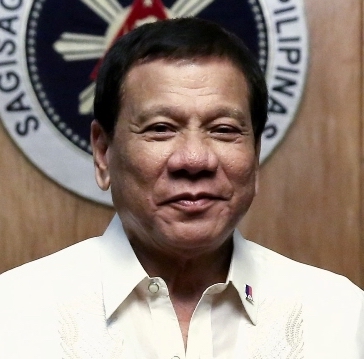

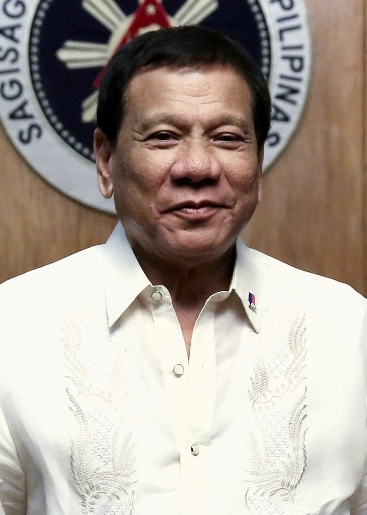
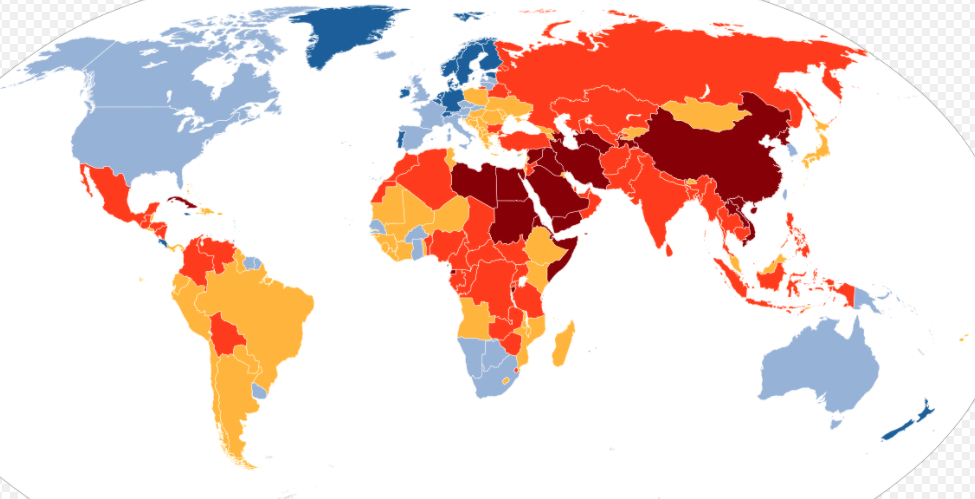






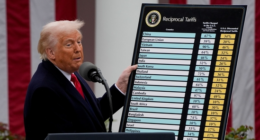
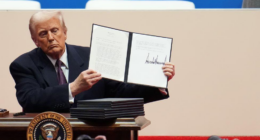
Comments are closed.